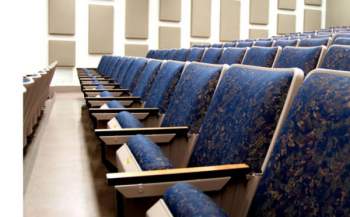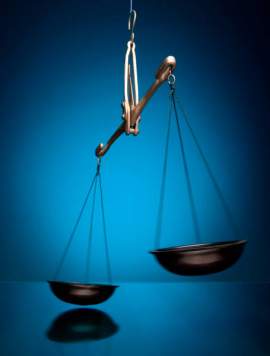
All About Court Reporting Schools You Need to Know

What is a Court Reporting Schools?
Court Reporting Schools are academic institutions that specialize in the provision of educational courses necessary to certify aspiring court reporters. In many cases, court reporting school will be eligible to provide certification upon the completion of the courses required for specific certifications.
Court Reporting Schools provide training for court reporters, who are licensed and legally-authorized professionals responsible for the transcription of speech into textual form, which takes place within a court hearing, trial, or legal venue.
A Registered Professional Reporter (RPR) is the most common type of legal transcription certification which, akin to the bulk of degrees awarded by court reporting schools, requires the accurate and expedited transcription of speech through the mastery of shorthand, stenography, and typing skills.
Court reporting schools provide the necessary certification for the vast array of stenography and transcription positions that are required by such institutions accredited by the National Court Reporters Association (NCRA). The National Court Reporters Association (NCRA) is responsible for both the oversight and regulation of the protocol of accreditation with regard to certifications awarded by court reporting schools.
Upon its inception, the NCRA primarily specialized in pedagogy and ideology inherent within the instruction of shorthand with regard to the provision of expedited and accurate transcription of events taking place within legal and medical venues. Currently, the National Court Reporters Association (NCRA) accredits fewer than 90 court reporting schools. Prospective court reporters are encouraged to pursue degrees from court reporting schools accredited by the NCRA.
Types of Court Reporting Educational Courses and
Occupational Methodology
The mastery of the following court reporting and
transcription methods is amongst the most common within the lesson plans
offered by court reporting schools:
What is Stenography?
A Stenograph machine, also called a Stenotype
machine, is a machine resembling a typewriter that is used by a court reporter
for the purpose of transcription. Unlike a traditional typewriter, a stenograph
machine contains only 25 keys and does not operate on a traditional keyboard format
such as ‘QWERTY’.
The mastery and proficiency with regard to the use of a
stenotype machine is amongst the most common education programs offered by court
reporting schools.
Unlike traditional keyboards located in
conjunction with computers and typewriters, stenotypes allow a court reporter
to transcribe common phrases and articles rather than individual letters and
characters.
Typical legal transcription can involve events that range from 100 to 300 words recited per minute. Court reporting schools ensure that individuals certified retain the ability to accurately transcribe the speech of an event in real time, or in an ‘as it happens’ setting.
The
stenograph machine was patented in 1879 and currently varies in sale price,
ranging from $500 to $7,000 USD. Although court reporters will typically be
provided with a stenotype, the ownership of a stenotype in encouraged by most
court reporting schools.
What is Speech Recognition?
In contrast to a stenograph, the utilization of
voice recognition technology relies on the digital processing of the
distinctive and specific nuances latent within the human speaking voice.
Courses offered by court reporting schools will not only educate their
respective students with regard to the operation of such software, but also
provide for methodology required for proofreading and editing purposes, which
ensure the accuracy of this particular technology.
NEXT: Important Facts to Know About The National Court Reporters Association




















